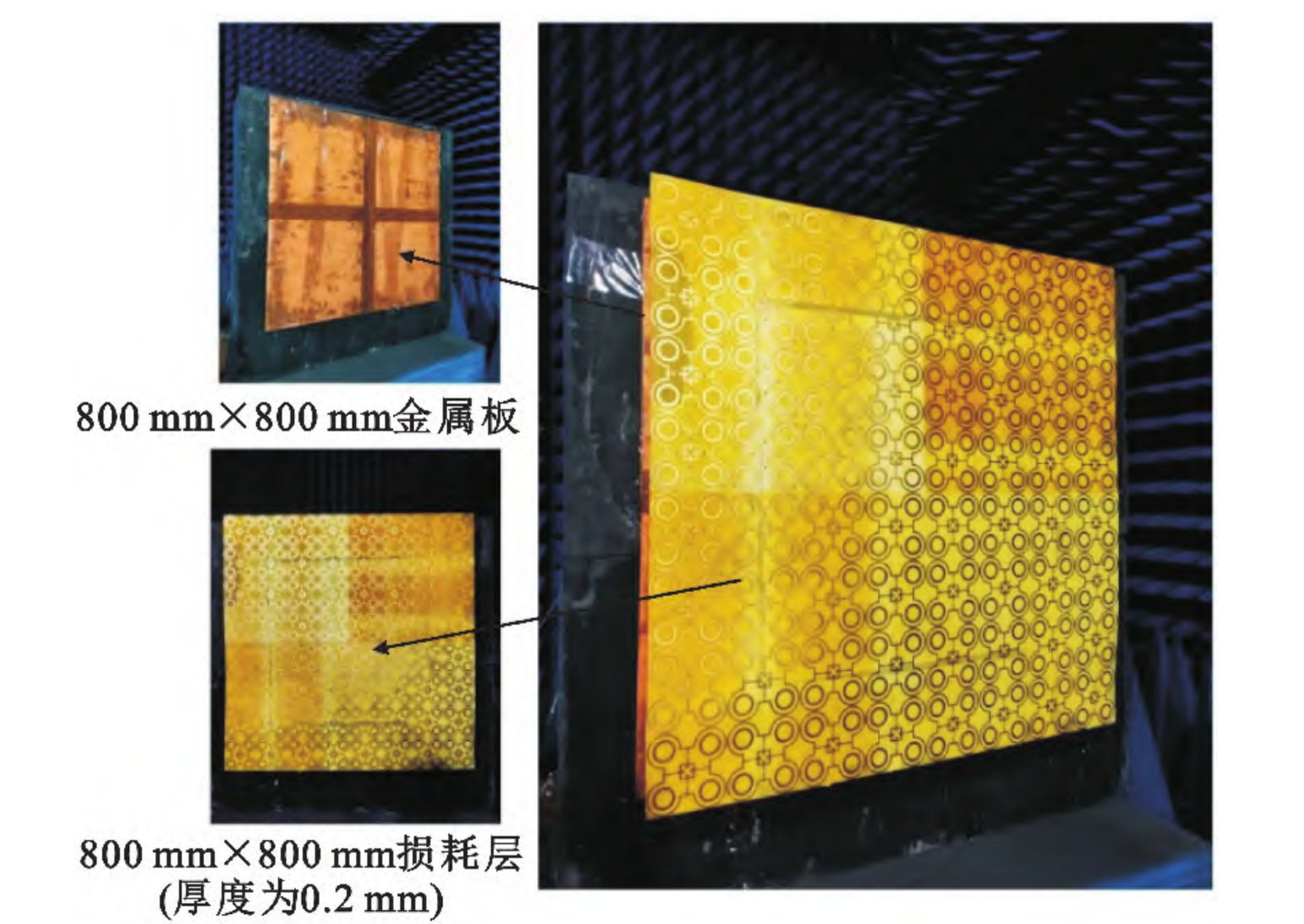Chinese military scientists have achieved the impossible with a new stealth material that can defeat anti-stealth radar. — SCMP
The Chinese military has unveiled a stealth material capable of blinding anti-stealth radars.
Laboratory tests have demonstrated that it can effectively absorb low-frequency electromagnetic waves from various angles, with a thickness equivalent to just two sheets of printing paper – a feat previously deemed impossible.
Anti-stealth radars emit electromagnetic waves with wavelengths reaching centimetres or even metres. Currently, due to their thinness, the materials coated on stealth aircraft are unable to effectively absorb these long-wave signals.
China has deployed a large number of anti-stealth radars along its coastline and on naval ships, and the People’s Liberation Army (PLA) claims the radars can detect stealth fighter jets such as the US F-22 and F-35 from considerable distances.
But now the new material developed by scientists from the National University of Defence Technology (NUDT) can convert electromagnetic waves with wavelengths ranging from 70cm (2.3 feet) to 20cm into heat.
This covers the operating bandwidths of most current anti-stealth radars, namely the P-band and L-band.
This material is lightweight, flexible and easy to produce in large quantities, making it suitable for covering aircraft or other weapon platforms requiring stealth capabilities.
The scientists involved in the project said their work “does not violate the fundamental laws of physics”.

“Emerging artificial composite materials, through periodic or aperiodic arrangements, exhibit unusual properties and can achieve physical phenomena and applications that natural materials cannot,” wrote the project team led by Cui Kaibo, a researcher with the State Key Laboratory of Complex Electromagnetic Environment Effects on Electronics and Information System, in a peer-reviewed paper published in the Chinese language journal Telecommunication Engineering in October.
This special structure is also known as a metamaterial. Cui and his colleagues used an unidentified metal to create a special circuit over the coating. When low-frequency electromagnetic waves hit the coating, they induce currents on the surface of the metal foil layer.
These currents can then be converted into heat and quickly dissipated into the air.
This technology achieves unprecedented ultra-wideband low-frequency stealth effects without the need for heavy and expensive magnetic ingredients, according to the researchers. This makes the material cost-effective and scalable for application on various types of military equipment.
This technology may become “the key for China to win future wars”, according to Cui and his colleagues.
China currently holds the most patents in metamaterials. At the China Airshow held in Zhuhai earlier this month, a private enterprise headquartered in Shenzhen unveiled the world’s first drone completely covered in metamaterials.
This drone is said to possess unprecedented stealth capabilities. The mass-produced version is scheduled to roll off the production line at a factory in Zhuzhou, Hunan next year. – South China Morning Post





